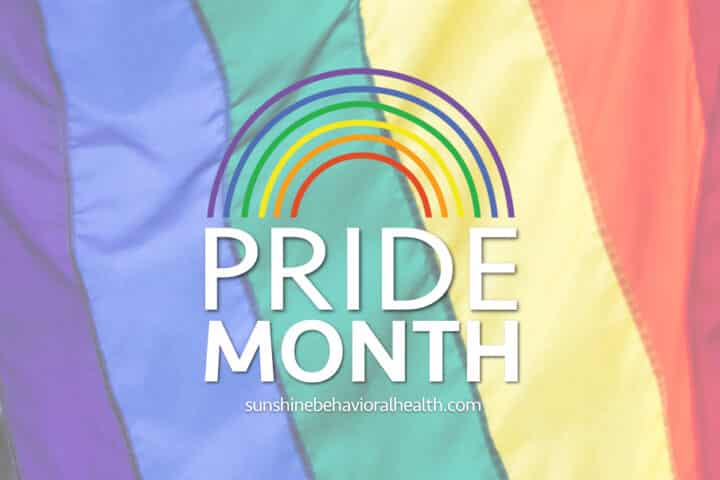
Pride Month: Fostering Inclusivity Can Make Schools More Welcoming for LGBTQ Youth
Lesbian, gay, bisexual, transgender or queer (or questioning, also known as LGBTQ) youth face a mountain of challenges in the world. Bullying is one of them.
It impacts one in five students ages 12-18 each year, but it’s worse for LGBTQ+ youth.
In one survey, nine out of 10 LGBTQ students admitted they’d been bullied or harassed. More than one-third have been physically assaulted at school. Two-thirds have been sexually harassed (groping, inappropriate comments). Nearly a third have admitted to missing school because they feared for their personal safety.
LGBTQ youth are even more vulnerable because they tend to be more frequent targets. Bullying, no matter the victim, makes youngsters:
- More prone to depression.
- More likely to consider or attempt suicide.
- Resort to substance abuse.
- Earn lower grades.
- Skip school.
- Engage in risky sexual behaviors.
There’s no quick fix, but making a safer and more supportive environment for LGBTQ (and all children and teens, in fact) can help minimize bullying.
Building an inclusive culture, encouraging respect, monitoring settings (such as bathrooms or playgrounds) where bullying is more likely to occur, and getting everyone on board so everyone from bus drivers to teachers work together can make schools a place where students not only learn academics, but how to build a better society.
Fortunately, there are many programs and resources that offer guidance for implementing improvements.
Sources
dosomething.org – 11 Facts About Bullying
stompoutbullying.org – Making Schools Safe for LGBTQ+ Community
stopbullying.gov – LGBTQ Youth
stopbullying.gov – Build a Safe Environment
hhs.gov – Preventing Bullying Among Adolescents
A Message From Our CEO
Medical disclaimer:
Sunshine Behavioral Health strives to help people who are facing substance abuse, addiction, mental health disorders, or a combination of these conditions. It does this by providing compassionate care and evidence-based content that addresses health, treatment, and recovery.
Licensed medical professionals review material we publish on our site. The material is not a substitute for qualified medical diagnoses, treatment, or advice. It should not be used to replace the suggestions of your personal physician or other health care professionals.





